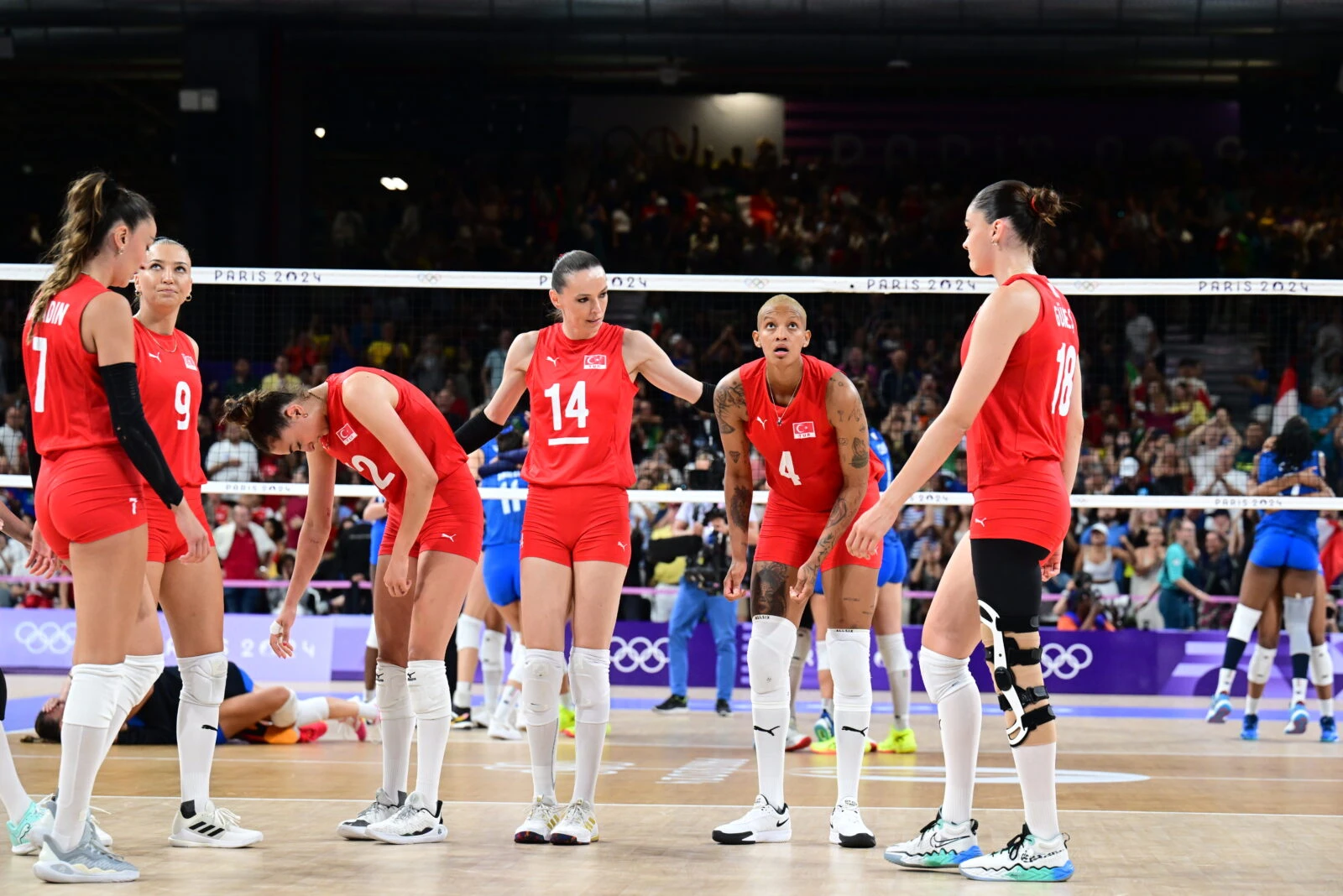Why India-Turkey aviation connect has long been jinxed | Mint
Last week, with hours to the IATA AGM in Delhi with IndiGo being the host airline, the government told IndiGo about its “last and final” extension for the Turkish Airlines B777s, which IndiGo has in its fleet and operates to Istanbul from Delhi and Mumbai. India cancelled the licence of Celebi, a ground handling agency with a Turkish stake, citing security issues. The issues started after Turkey actively supported Pakistan with military hardware and other means during Operation Sindoor. The clamour for breaking ties with Turkish entities was strong since then for both IndiGo and the Air India group. IndiGo has planes from Turkish Airlines, and both IndiGo and the Air India group utilise the services of Turkish Technic, the Maintenance, Repair and Overhaul (MRO) arm.
IndiGo’s false starts
In December 2018, IndiGo and Turkish Airlines announced a codeshare and mutual cooperation agreement. This was the first codeshare for IndiGo, after which the airline has expanded this arrangement with multiple airlines from across the world. The flights began on January 1, 2019, subsequently increasing to double daily from Delhi. Within weeks, the Balakot strike took place and Pakistan shut its airspace, leading to a very long detour and a stop for IndiGo, which went on until July that year. No sooner had things become normal, exceptionally high headwinds that year led to the airline being in the news again with baggage being left behind to cater to additional fuel or lower weight. The winter of 2019 never transitioned to the summer of 2020 as the world went into a lockdown due to the pandemic.
As flights restarted across the world, starting February 2023, IndiGo inducted a Turkish Airlines B777 to fly on its behalf as a damp lease to Istanbul from Delhi. This was augmented by another in May 2023 to fly between Mumbai and Istanbul.
Air India’s first foot forward
Air India was taken over by the Tata group in January 2022. Within a month of this, the airline’s first big decision was to appoint a new CEO, which was Ilker Ayci, the former CEO of Turkish Airlines. Within weeks, Ayci cited negative media attention and refused to join as multiple groups started opposing Ayci’s appointment citing his past record and proximity to the ruling dispensation in Turkey which had been pro-Pakistan even then.
What now?
Campbell Wilson, the CEO and MD of Air India, has indicated that the company is looking for options to shift its maintenance needs from Turkish Technic to other options. These could be expensive and hard to come by since slots at MROs are also facing issues due to supply chain constraints. In case of Air India, it could have an option of relying on the government-owned entity AIESL or equity partner Singapore Airlines’ facilities in Singapore.
As for IndiGo, the challenges are bigger with the government directive. The airline is expected to induct five more 787-9 Dreamliners from now until the early parts of 2026. It remains unclear when the airspace over Pakistan will be available for use by Indian carriers. The flight to Turkey will not only be long, but it will also be one-stop on the narrowbody aircraft. Will it deploy the 787s, which it is getting, or will it go ahead with the deployment plans, which it had chalked out? A lot will depend on how the loads shape up for the future.
Tail note
When the Ilker Ayci controversy erupted, the writing was pretty much clear on the wall; yet IndiGo, SpiceJet and Air India continued doing business with entities in Turkey in one way or another. Nobody had anticipated that events would lead up to Operation Sindoor and Turkey would openly support Pakistan in the manner in which it did. The repercussions are for all to suffer. It is not that only the Indian entities will be impacted, since Turkish carriers like Corendon have been providing damp lease services to Indian carriers. Will things change in the future? Current indications are that they won’t with Celebi’s staff already accommodated by other companies and more players planning to enter the segment. Likewise, permissions for wet/damp-leased planes from Turkey will be hard to come by. Lastly, the public sentiments are harsh and brands generally evaluate those before taking commercial calls, especially in the current case where issues of national security are being discussed.



